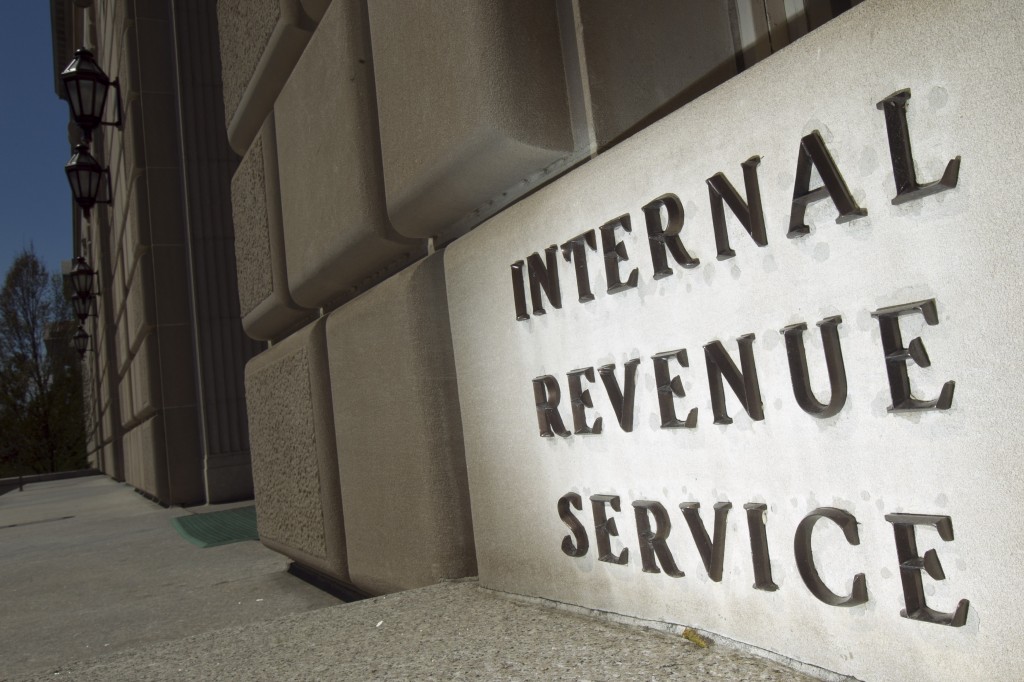- Lagos Rakes in N503.7b IGR
Lagos State government generated N503.7 billion revenue in 2017, the Governor, Akinwunmi Ambode, has said.
Ambode, who spoke at the first quarter Town Hall Meeting yesterday, at De Blue Roof, LTV Complex in Agidingbi, Ikeja, said the achievement came despite the tough prevailing economic environment.
He said the state was entering the new year with confidence, of being on a solid prosperity footing and interesting prospects for all Lagosians, and commended the residents for supporting his administration to deliver on key projects in various sectors and sections, “despite the harsh economic climate in the country.”
He said: “As we celebrate entering a new year, we thank you all for your support and cooperation last year. It was your backing that enabled us to achieve the modest successes we recorded last year and commence the transformation of the landscape of our state.
“Despite the harsh economy, our State budget performed at 82 per cent. Total revenue generated was N503.7billion, representing a performance of 78 per cent; Total Recurrent Expenditure was N281.33billion, representing a performance of 92 per cent, while Total Capital Expenditure was N387.60billion or 76 per cent performance.”
Ambode listed some of the key projects delivered last year to include, the new Tafawa Balewa Square Bus Terminal, new Ojota Pedestrian bridge, Aboru – Abesan link Bridge and the adjoining inner roads.
Others are Ojodu Berger Slip Road and Pedestrian Bridge, Jubilee Bridges in Ajah and Abule Egba, Freedom and Admiralty Road in Lekki, new Lands Registry, and newly upgraded Jubilee Chalet in Epe, among others.
He said as at December 2017, the Lagos State Employment Trust Fund (ETF), had disbursed N4.5billion to 5,500 beneficiaries, who also received training on financial literacy and business management.
He said keys were presented to beneficiaries of the first set of allottees of Lagos State Rent-To-Own Housing Scheme, as well as the creation of Neighbourhood Safety Corps and beautification of the state, with the erection of monuments, parks and gardens.
Ambode said within the review period, the State Government inaugurated the first State-owned DNA Forensic Centre in Nigeria and West Africa, saying that in the coming weeks, he would sign a contract to upgrade the facility to offer toxicology services, which will make it the first of its kind in Sub-Saharan Africa.
In respect of Lagos State students in tertiary institutions, Ambode said his administration disbursed N635.5million to 8,419 students across the State.
He said the government acquired healthcare equipment worth N2.5 billion, saying the equipment will strengthen the capacity of “our health facilities to render improved health services and also facilitate the smooth take off of the Lagos State Health Scheme which is designed to enable residents enjoy unfettered access to qualitative healthcare.

 Forex3 weeks ago
Forex3 weeks ago
 Naira3 weeks ago
Naira3 weeks ago
 Billionaire Watch3 weeks ago
Billionaire Watch3 weeks ago



 Naira3 weeks ago
Naira3 weeks ago






 Naira3 weeks ago
Naira3 weeks ago




 Naira2 weeks ago
Naira2 weeks ago




 Naira4 weeks ago
Naira4 weeks ago






 Naira2 weeks ago
Naira2 weeks ago
























